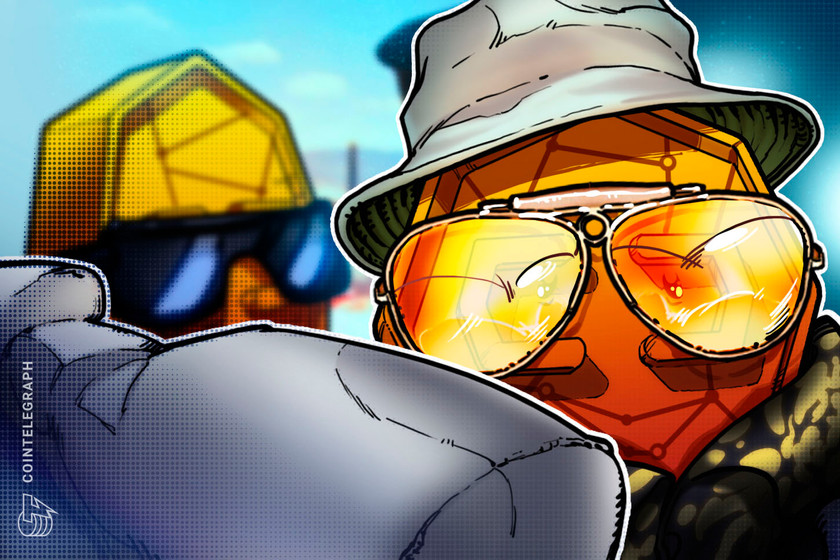Waves founder: DAOs will never work without fixing governance
Decentralized autonomous organizations have too many attack vectors that affect important projects. This needs to change for them to become practical models of governance.
 Opinion
Opinion
Decentralized Autonomous Organizations (DAOs) have been heralded as the future of governance, unlocking a more egalitarian approach to decision-making. However, decentralizing leadership is not a magic bullet that instantly leads to better results. To really get the most out of a decentralized organization, steps must be taken to regulate weighted voting and tokenomics. If not carefully balanced, DAOs can implode - and some have already.
Decentralized governance explainedDAOs provide a model for managing a project or business that distributes voting rights to all members. There is usually no central authority, only the will of the collective. While this sounds fair in theory, the reverse may be true for some governance models.
Perhaps the most problematic of all structures are DAOs that operate on a token-based voting system. Although designed to be decentralized, token-weighted governance – in which users with the most tokens have the largest share of voting power – can end up inadvertently giving control to a few wealthy participants and the deprive of the greatest number. As can be seen immediately, this completely undermines the philosophy on which the DAOs were built and allows wealthy whales a disproportionate say.
Related: DAOs are more about community than profit. Here's why
This can cause more damage than centralization alone; token-based voting systems can

Decentralized autonomous organizations have too many attack vectors that affect important projects. This needs to change for them to become practical models of governance.
 Opinion
Opinion
Decentralized Autonomous Organizations (DAOs) have been heralded as the future of governance, unlocking a more egalitarian approach to decision-making. However, decentralizing leadership is not a magic bullet that instantly leads to better results. To really get the most out of a decentralized organization, steps must be taken to regulate weighted voting and tokenomics. If not carefully balanced, DAOs can implode - and some have already.
Decentralized governance explainedDAOs provide a model for managing a project or business that distributes voting rights to all members. There is usually no central authority, only the will of the collective. While this sounds fair in theory, the reverse may be true for some governance models.
Perhaps the most problematic of all structures are DAOs that operate on a token-based voting system. Although designed to be decentralized, token-weighted governance – in which users with the most tokens have the largest share of voting power – can end up inadvertently giving control to a few wealthy participants and the deprive of the greatest number. As can be seen immediately, this completely undermines the philosophy on which the DAOs were built and allows wealthy whales a disproportionate say.
Related: DAOs are more about community than profit. Here's why
This can cause more damage than centralization alone; token-based voting systems can
What's Your Reaction?






















